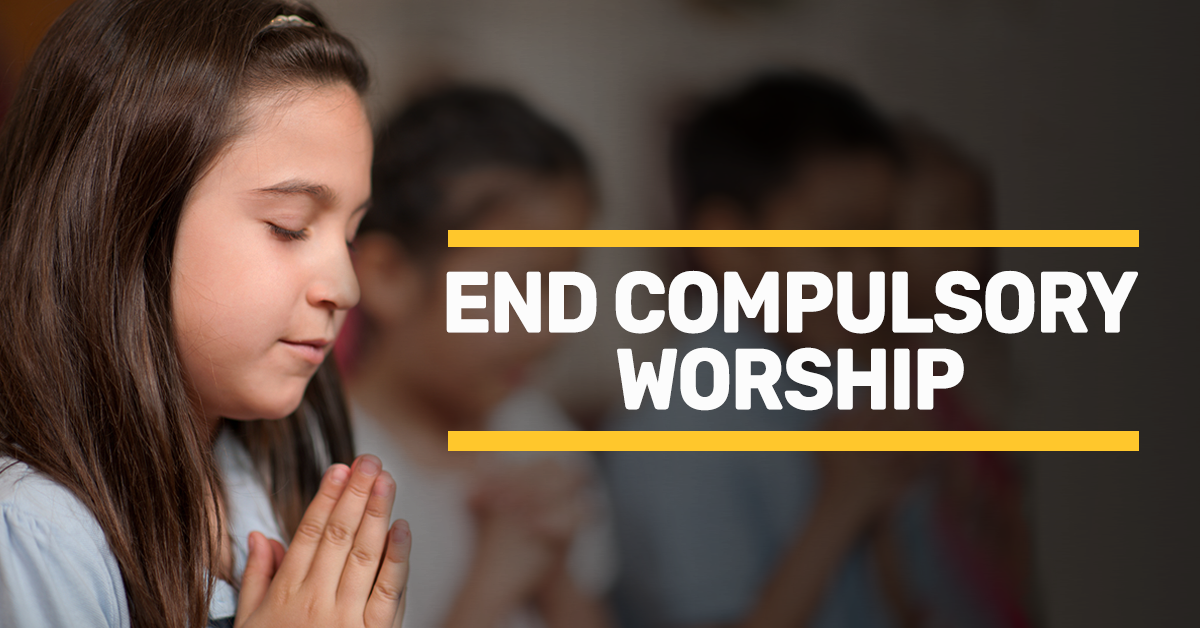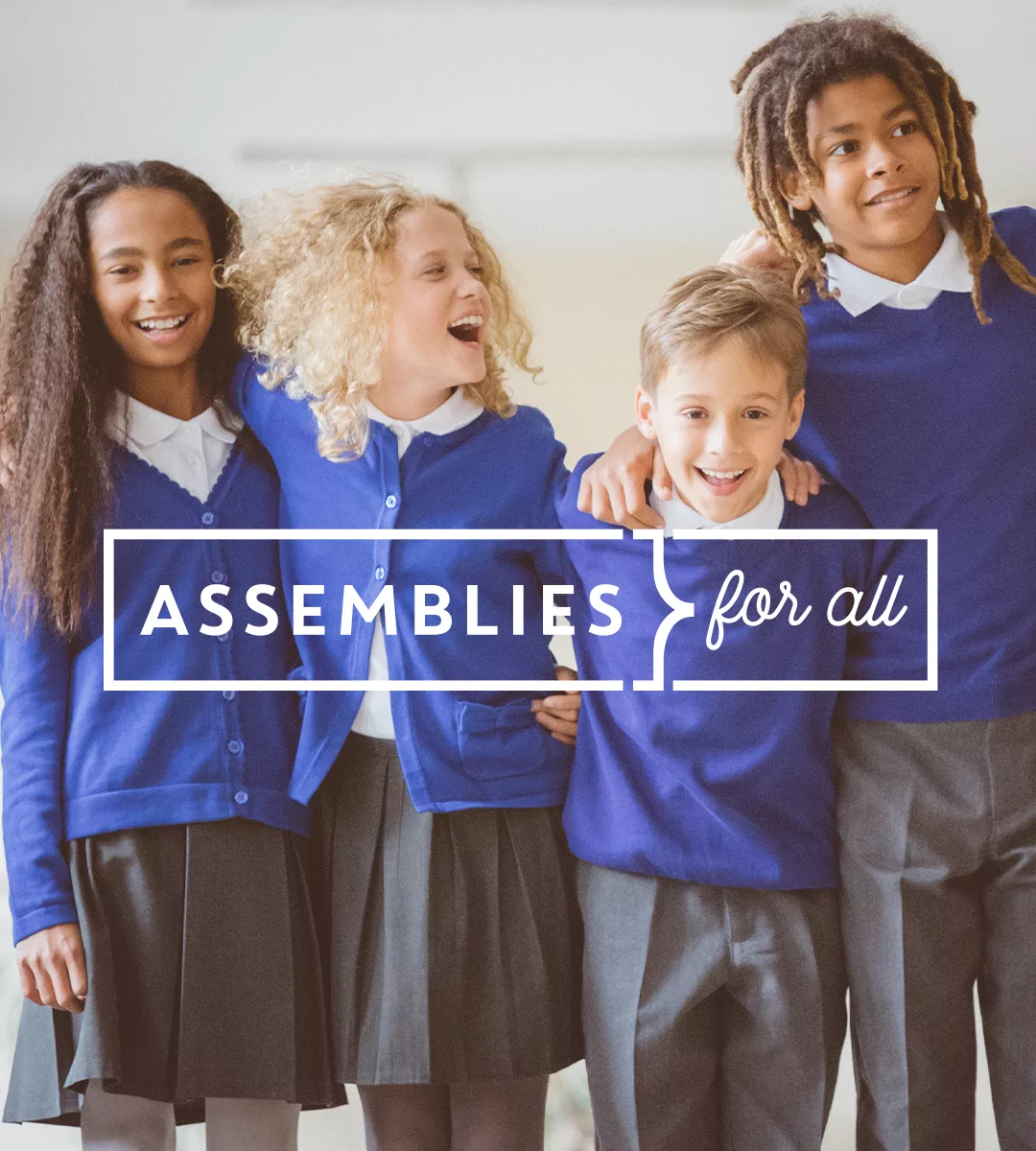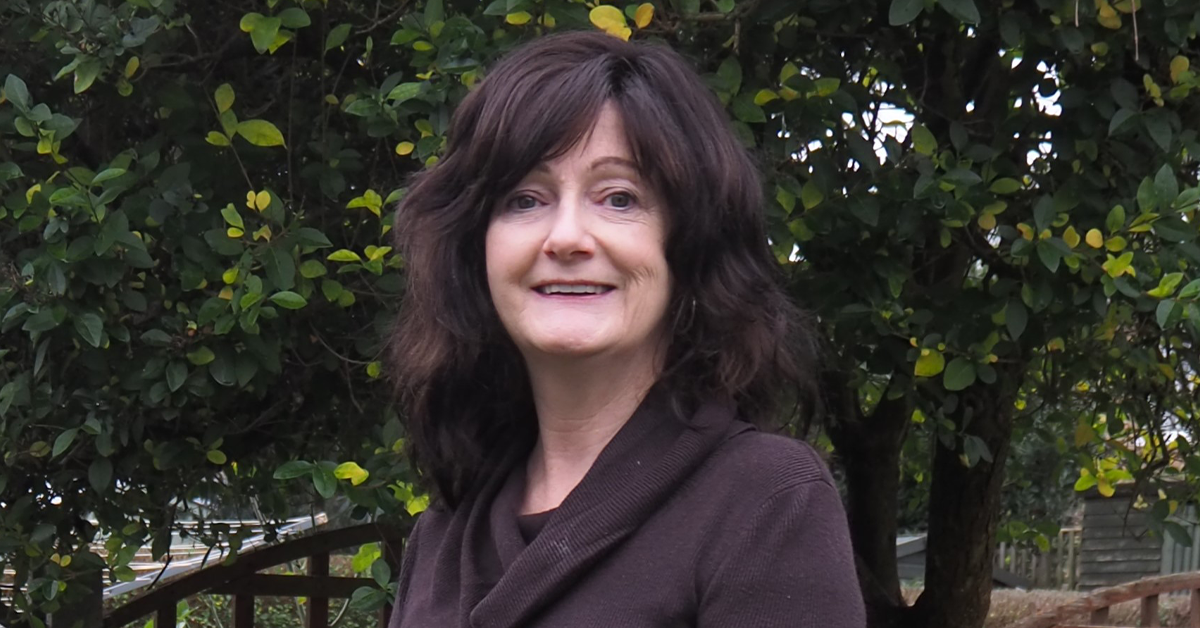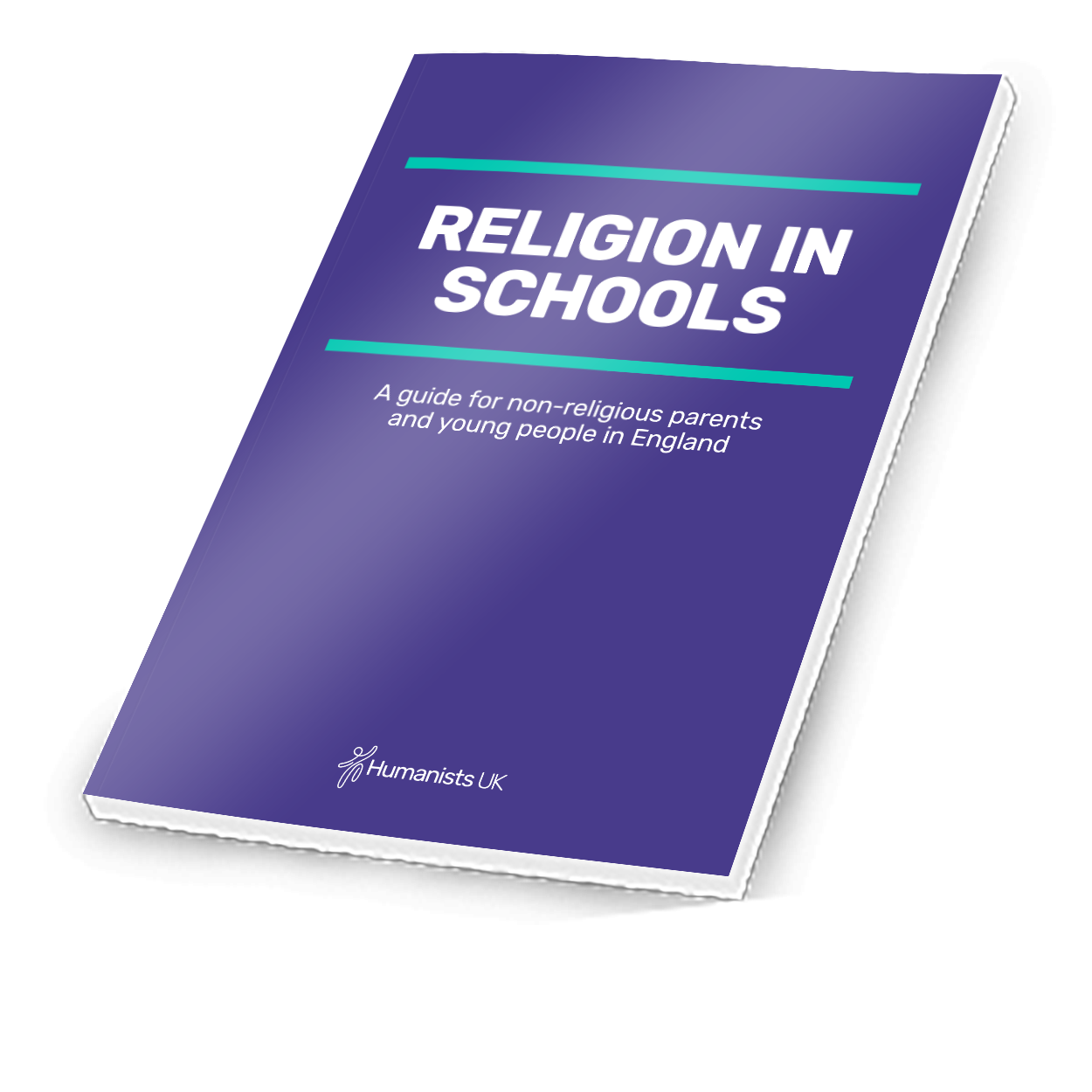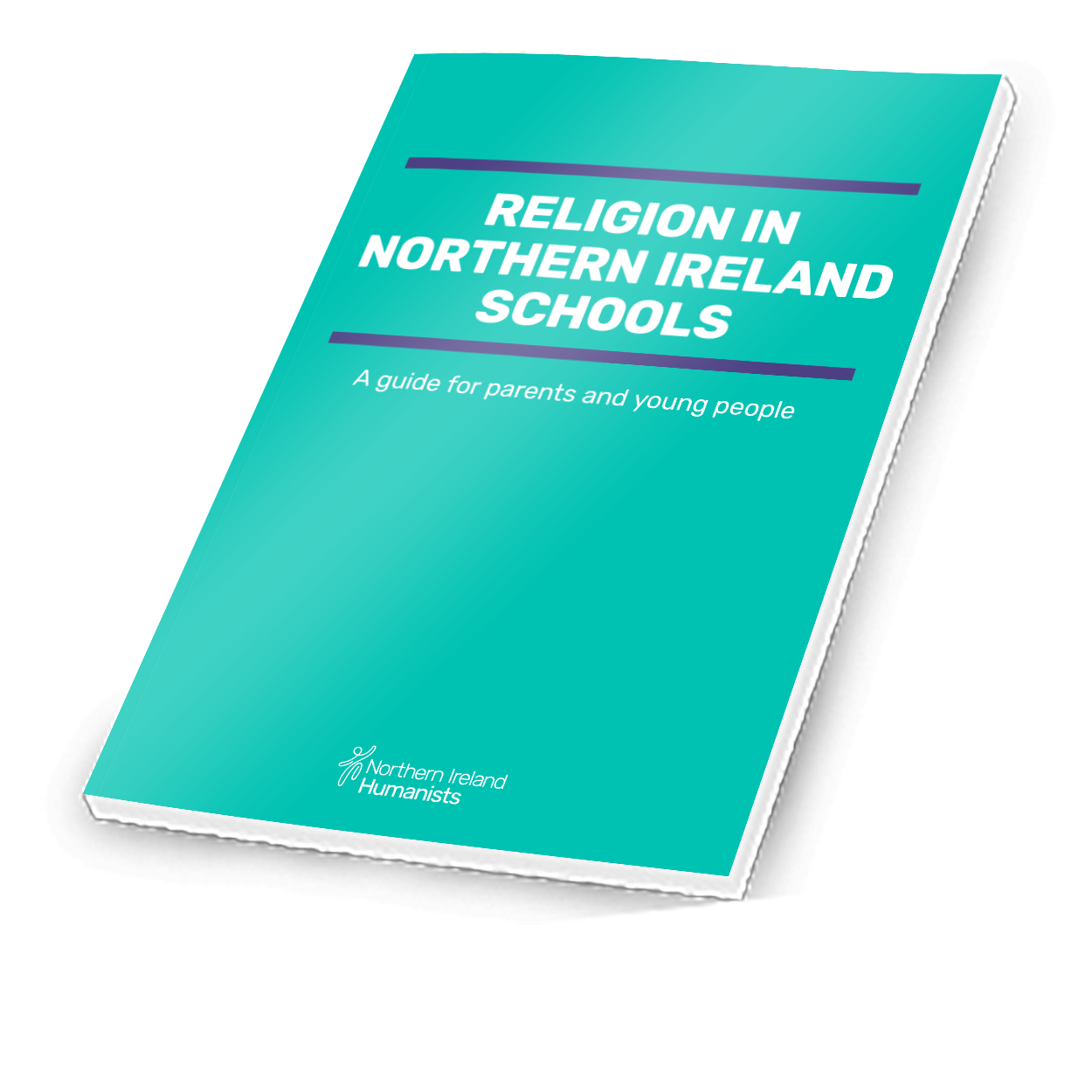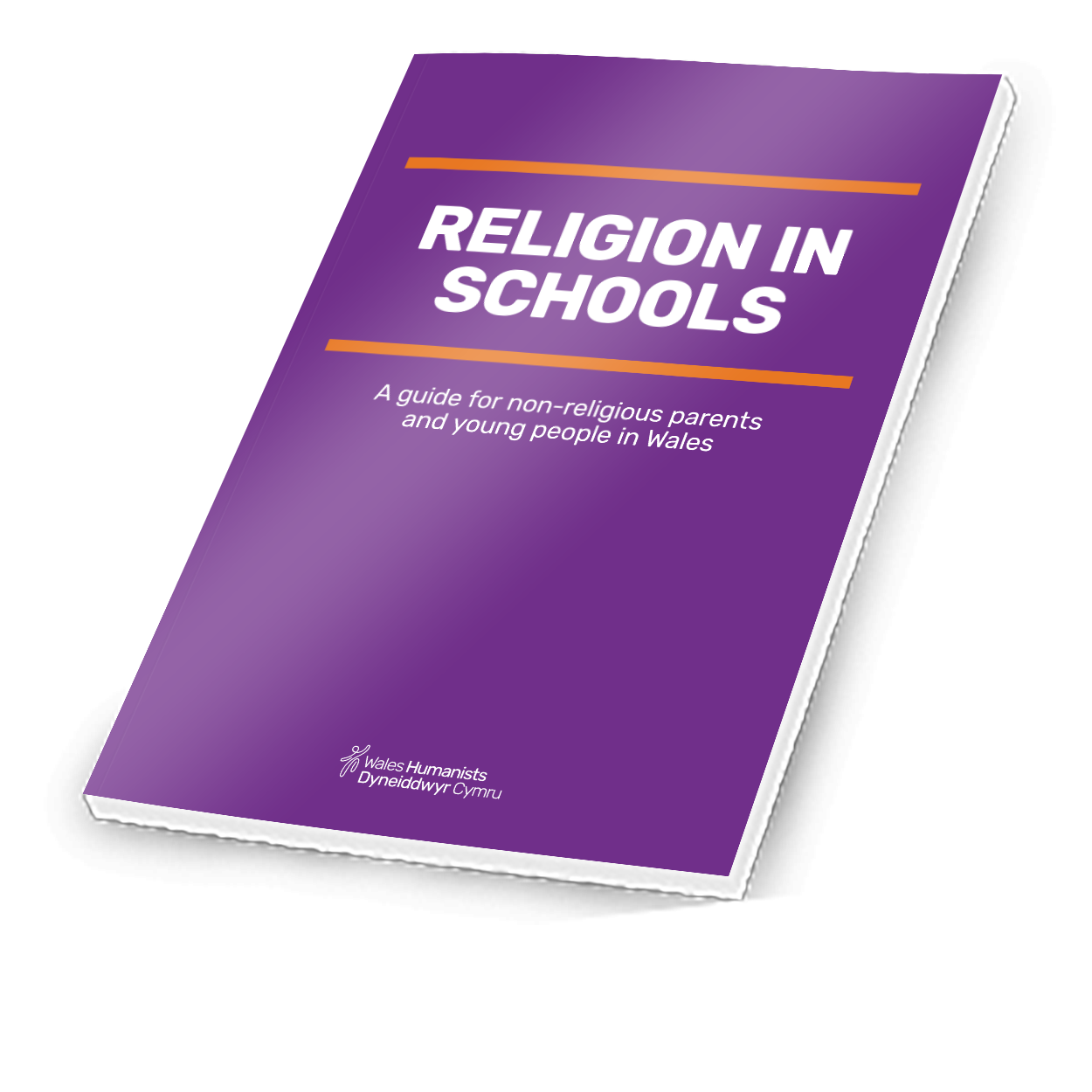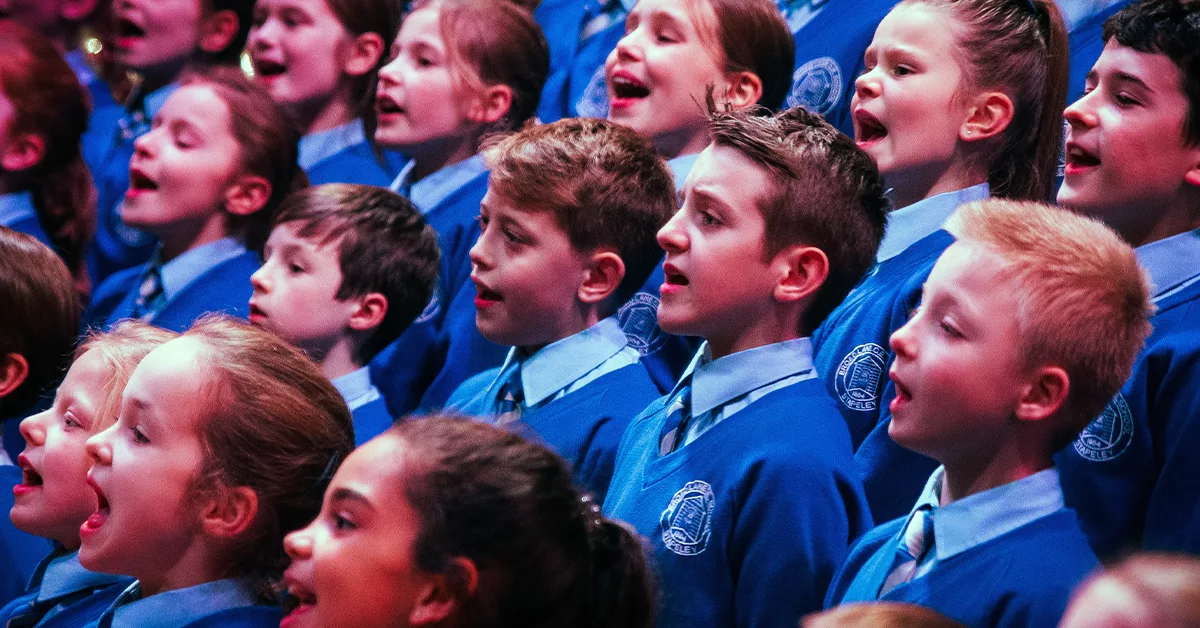
State-funded schools across the UK face an unusual and antiquated obligation. Every day, often at the very start of the day, they are required by law to hold an act of collective worship. In England and Wales, this compulsory worship must be ‘wholly or mainly of a broadly Christian character’, regardless of the personal beliefs of pupils or staff. And yes, that means even in schools with no religious ethos.
It’s not simply a curious historical relic – it disregards children’s rights to freedom of religion or belief. At Humanists UK, we’ve long argued that Religious Education (RE) should be inclusive, objective, and genuinely educational – and today there’s a strong consensus across the sector that the best RE is never evangelical or confessional.
Clearly, collective worship cuts against this. After all, if a child is encouraged to think objectively and decide for themselves about religion in one lesson every week, is that not undermined by commanding them to join in with worship to one particular particular deity from one particular religion at the start of every school day?
What the law says:
In England and Wales, the law requires all state-funded schools, including those without a religious character, to conduct a daily act of collective worship. This is mandated by the Education Act 1944, reaffirmed in the Education Reform Act 1988. By default, collective worship must be ‘wholly or mainly of a broadly Christian character’, even in schools without a religious character. Schools with a religious character from another faith are allowed to apply for a ‘determination’ to change their daily collective worship to their own, but there is no exception for schools without a religious character.
Of course, some schools choose to ignore the law, but many don’t, and use the legal requirement as justification for enforcing collective worship. Children under the age of 16 cannot withdraw themselves from collective worship, leaving the decision solely in the hands of their parents. While parents or have the right to remove their child, this can result in isolation from their peers – with nothing of educational value provided as an alternative – which is far from ideal.
The requirements for collective worship differ in different parts of the UK. For simplicity, we refer here only to England and Wales. For advice about other parts of the UK, see Northern Ireland Humanists or Humanist Society Scotland.
Good RE is critical and balanced, not confessional
Religious Education, at its best, empowers young people to become informed, rational, and empathetic human beings. Effective RE invites pupils to explore and critically engage with diverse beliefs and worldviews – including humanism. The National Framework for Religious Education promotes precisely this balanced and critical approach – one that treats and explores various worldviews equally, including humanism, alongside religious perspectives.
In stark contrast, compulsory collective worship serves a distinctly different purpose. Rather than exploring and discussing beliefs, it presents a single belief system (usually Christianity but sometimes this will be another religion if this has been approved by the local RE body – also known as Standing Advisory Councils for Religious Education (SACREs) – as normative and authoritative. It positions itself as devotional, not educational, thereby undermining the aims and objectives of RE to educate children about, rather than lead them to adopt, particular religions.
We know from our experience of supporting schools and educators – through our education programme Understanding Humanism – that meaningful education embraces openness and exploration. When supporting children to learn about a particular religious or non-religious views, good RE presents to children what some or most Christians, Muslims, Hindus, Jews, or humanists believe or practice, rather than presenting any of the above as definitively true or morally superior or inherently more valid.
RE should equip children to decide for themselves what they believe is true, and what religious practices if any they wish to participate in. By leading the whole school in acts of collective worship, this cuts directly against good RE’s emphasis on choice and factual learning.
It’s this last factor – a child’s human right to choose for themselves what they believe – which led the UN Committee on the Rights of the Child to call on the UK to repeal laws requiring acts of collective worship across England, Wales, Scotland, and Northern Ireland.
Alienation and exclusion in non-faith schools
Compulsory collective worship not only weakens the educational quality of RE, but it also risks alienating non-religious pupils, or any pupils from a religious minority who can’t participate in ‘worship’.
Humanists UK receives emails from parents confronted by this exact dilemma most weeks. These are typically from parents who are concerned that their school follows collective worship laws to the letter, promoting a particular religion as literally true and pushing it on pupils, but worried that if they ask to remove their child they will only end up isolated and stigmatised.
The British Social Attitudes survey shows the non-religious are the fastest-growing belief group in the UK. For these pupils from non-religious backgrounds, compulsory worship signals that their personal convictions are not equally respected or valued. It also communicates a message that contradicts the inclusive environment schools ought to foster. Parents shouldn’t have to decide between religious indoctrination or social alienation for their child attending a non-faith school.
The BBC asked parents whether their children were attending collective worship at their school. 28% reported their children were, whilst 64% reported their children were not.’ That’s a lot of parents!
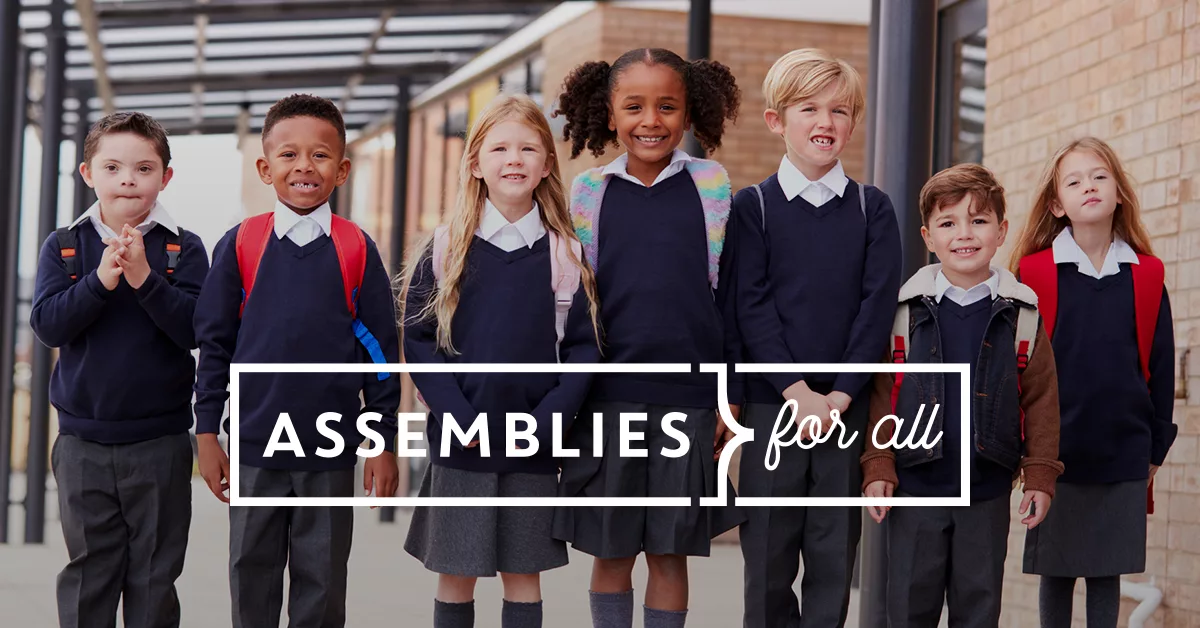
Lessons from inclusive assemblies
The UK is an anomaly when it comes to collective worship in state schools. It’s simply unthinkable in other western, secular democracies such as France, Germany, the US, Canada, and Australia. Yet, in the UK, a law dating back to 1944 still mandates daily acts of ‘broadly Christian’ worship in all state schools.
Let’s underline that point: the UK is the only democratic country in the world where Christianity and Christian prayer are promoted by default, by law, in taxpayer-funded schools. Every other country in the world with a Christian history or large Christian population has either abolished similar laws or never had them to begin with.
Inclusive assemblies by contrast are opportunities for pupils from all backgrounds to celebrate shared human values, cultural diversity and mutual understanding, and ethical thinking without favouring or endorsing any particular belief system.
Unlike acts of worship, inclusive assemblies are about the values we all have in common – not the ones that set us apart.
They promote mutual respect, understanding, and social cohesion. Schools employing this approach find that they better foster open dialogue, thoughtful reflection, and genuine respect for a wide range of beliefs.
At Humanists UK, we’re building the change we want to see. Assemblies for All is a ground-breaking website that offers teachers free access to over 200 assemblies on inclusive themes, created by over 50 organisations, and caters to Key Stages 1-5.
The case for reform
At Humanists UK, we advocate for the end of compulsory collective worship. We want schools that equip children to think for themselves, act for everyone, and appreciate the complex tapestry of beliefs that make up our shared society.
A Bill to replace mandatory daily Christian collective worship in schools in England without a religious character with inclusive assemblies is making its way through Parliament, and Humanists UK is throwing its full weight behind it.
It’s also about whether we as a society recognise that children are human beings with human rights of their own – not just extensions of their parents. The UK is a signatory to the UN Convention on the Rights of the Child, which means that it has made a detailed legal promise to uphold children’s rights in law. It’s embarrassing for us as a country that the UN Committee on the Rights of the Child has now told us that we are in breach of this treaty. As of 2025, governments across all four nations of the UK have yet to accept this reality or set out how they would make the law compatible with children’s rights.
We produced the following guides for parents, informed by our decades of education policy work and casework supporting parents. Know your rights, and download our Religion in Schools guide today.
Notes
For further comment or information, media should contact Humanists UK Director of Public Affairs and Policy Richy Thompson at press@humanists.uk or phone 0203 675 0959.
Read more about our work on
Humanists UK is the national charity working on behalf of non-religious people. Powered by over 130,000 members and supporters, we advance free thinking and promote humanism to create a tolerant society where rational thinking and kindness prevail. We provide ceremonies, pastoral care, education, and support services benefitting over a million people every year and our campaigns advance humanist thinking on ethical issues, human rights, and equal treatment for all.

